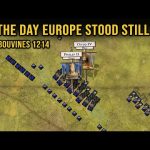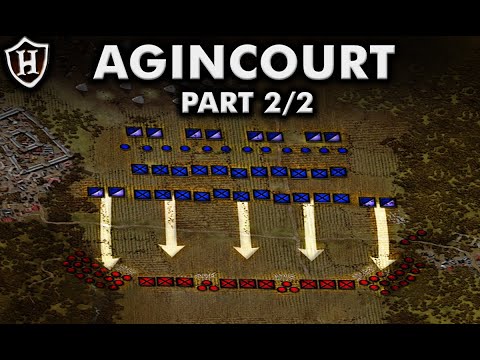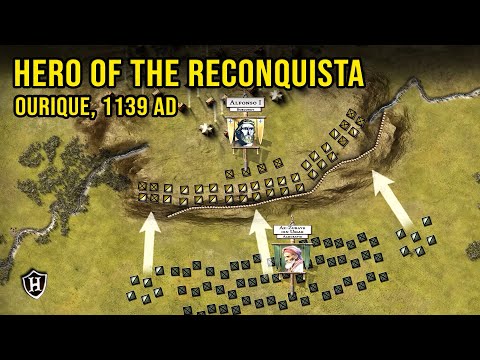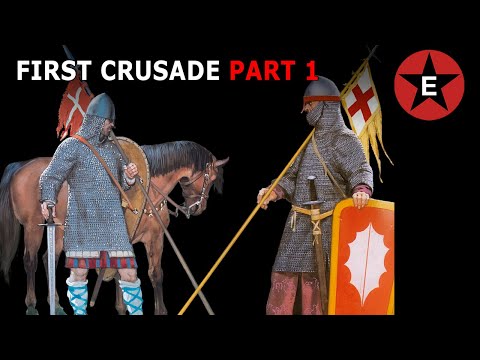🔔 Subscribe for more history
🚩 You may also like: The Lion Awakens! History of the Third Crusade ⚔ 1h 30m documentary https://youtu.be/OtrClsZy724
🚩 If you like what you see, consider supporting my work on Patreon and you get ad-free early access to my videos for as little as $1 https://www.patreon.com/historymarche — You can also show your support by subscribing to the channel and liking the video. Thank you for watching.
🚩 By the summer of 1214, the political map of Western Europe teetered on the edge of dramatic upheaval. Decades of dynastic rivalry, shifting alliances, and bitter feuds were converging toward a single, decisive confrontation: the Battle of Bouvines.
At the heart of the conflict stood King Philip II of France, known as Philip Augustus, a monarch whose ambitions had steadily eroded the Angevin Empire’s grip on its continental holdings. Opposing him was a formidable coalition: King John of England, desperate to reclaim lost territories and salvage his crown’s waning prestige; Emperor Otto IV of the Holy Roman Empire, whose fragile rule depended on checking French ascendancy; and rebellious nobles from Flanders and Boulogne, eager to shake off Capetian control.
The stakes were enormous. A French defeat could unravel the monarchy’s hard-won gains and plunge the kingdom into chaos. A loss for the coalition might doom the Angevin cause for good and leave the Emperor dangerously exposed. All of Europe watched and waited, holding its breath, as kings and emperors prepared to gamble their thrones on the fields of Bouvines.
📢 Narrated by David McCallion
🎼 Music:
EpidemicSound
Filmstro
📚 Sources:
The Legend of Bouvines: War, Religion and Myth in the Middle Ages by Georges Duby (1990)
1214: The Battle of Bouvines (Epic Battles of History) – Anthony Holland (2023)
Philip II’s “Eye of Command” and the Battle of Bouvines – Laurence W. Marvin (2024)
#medieval #history #documentary





Leave a Reply